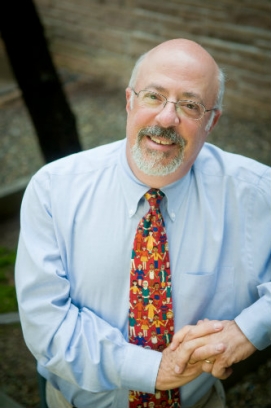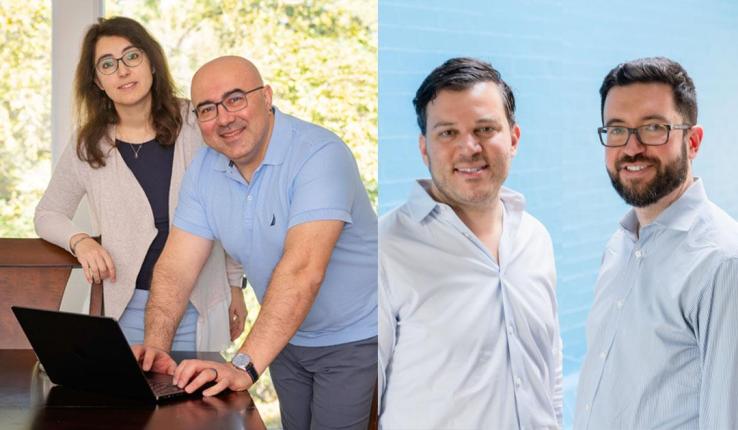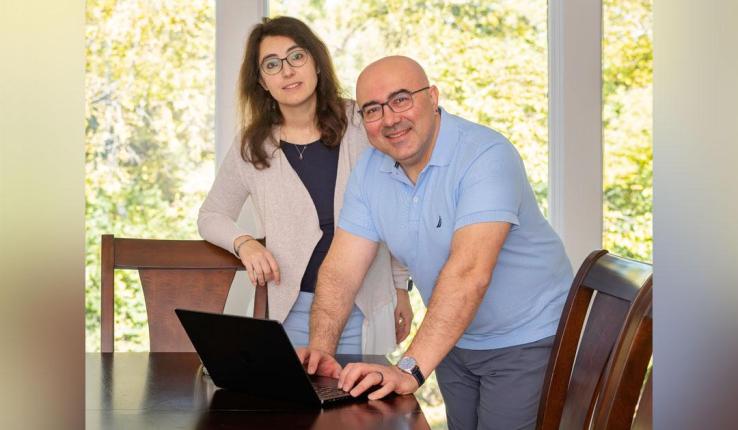COE Celebrates Legacy of Prof. Edward Shapiro
Tributes flowed as faculty, students and alumni came together Friday (March 24) at Lehigh to celebrate the legacy of the late Edward S. Shapiro, who was professor of school psychology and director of the university’s Center for Promoting Research to Practice.
“Ed Shapiro defined the field [of school psychology],” said keynote speaker Susan Sheridan, a national leader in early intervention for children with learning difficulties. “I know Ed liked a challenge. He pushed all of us to think big and beyond.”
The day-long conference, held in the Wood Dining Room of Iacocca Hall, was well-attended. The keynote address was followed by four academic symposia, each of which represented Shapiro’s areas of expertise: academic assessment, academic intervention, multi-tier systems of support and pediatric school psychology. Among those participating were Shapiro’s former students as well as doctoral students influenced by his research.
Sheridan described Shapiro as a visionary and “big thinker” who was passionate about school psychology. She said he had paved the way for others in the field.
She pointed to one of his papers, published in School Psychology Review while she was editor, entitled “School Psychology from an Instructional Perspective: Solving Big, Not Little Problems.” His main message, she said, was that educators were failing to build academic resilience.
Individualized approaches were good in getting students with educational deficiencies on the right track, but without a broad, systemic implementation of prevention models, he argued, educators would not succeed in having an impact on the much larger, societal-level problem of building academic competence and resiliency.
Sheridan said Shapiro also was an advocate for helping teachers to do their job better. In his career, he had won federal grants to train aspiring school psychologists as Response to Intervention (RTI) facilitators at middle schools and high schools.
“He always saw school psychology as an opportunity to do more for kids,” she said.
Shapiro died in March 2016 at age 64. Just a month earlier, he won a prestigious national award for his contributions to the training of school psychologists. The Outstanding Contributions to Training Award was presented by the Trainers of School Psychologists as its annual conference in New Orleans.
Posted on:





